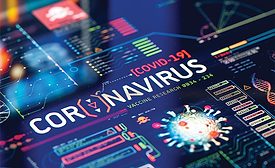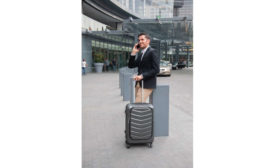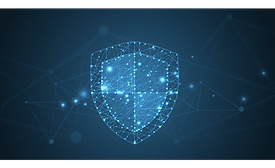Home » COVID-19
Articles Tagged with ''COVID-19''
DDoS attacks increase 542% quarter-over-quarter amid pandemic
DDoS traffic capitalizes on work-from-home connectivity reliance to disrupt service provider targets
July 2, 2020
Cyber Tactics
Zero trust further considered - another benefit of living in the times of AI
July 1, 2020
Sign-up to receive top management & result-driven techniques in the industry.
Join over 20,000+ industry leaders who receive our premium content.
SIGN UP TODAY!Copyright ©2024. All Rights Reserved BNP Media.
Design, CMS, Hosting & Web Development :: ePublishing












